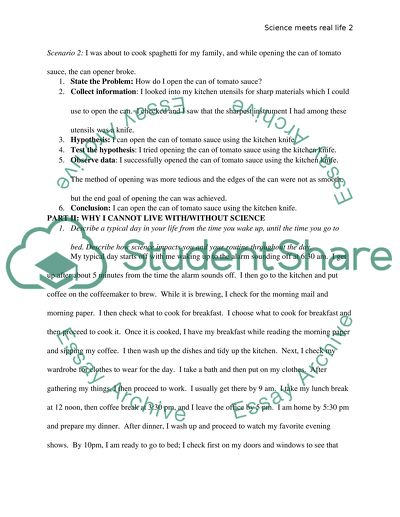Cite this document
(“Explore how you apply different aspects of science in your daily life Essay”, n.d.)
Retrieved from https://studentshare.org/environmental-studies/1407371-explore-how-you-apply-different-aspects-of-science
Retrieved from https://studentshare.org/environmental-studies/1407371-explore-how-you-apply-different-aspects-of-science
(Explore How You Apply Different Aspects of Science in Your Daily Life Essay)
https://studentshare.org/environmental-studies/1407371-explore-how-you-apply-different-aspects-of-science.
https://studentshare.org/environmental-studies/1407371-explore-how-you-apply-different-aspects-of-science.
“Explore How You Apply Different Aspects of Science in Your Daily Life Essay”, n.d. https://studentshare.org/environmental-studies/1407371-explore-how-you-apply-different-aspects-of-science.


